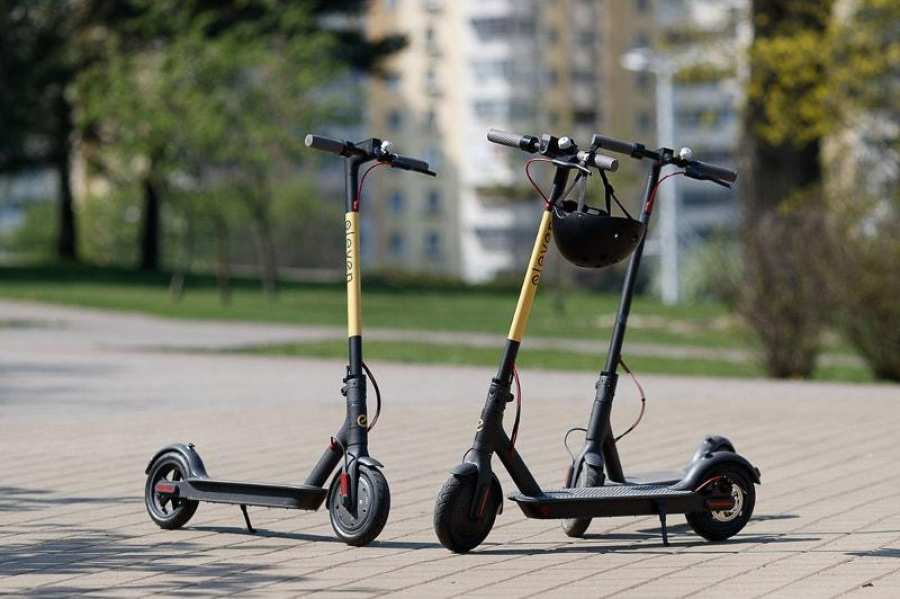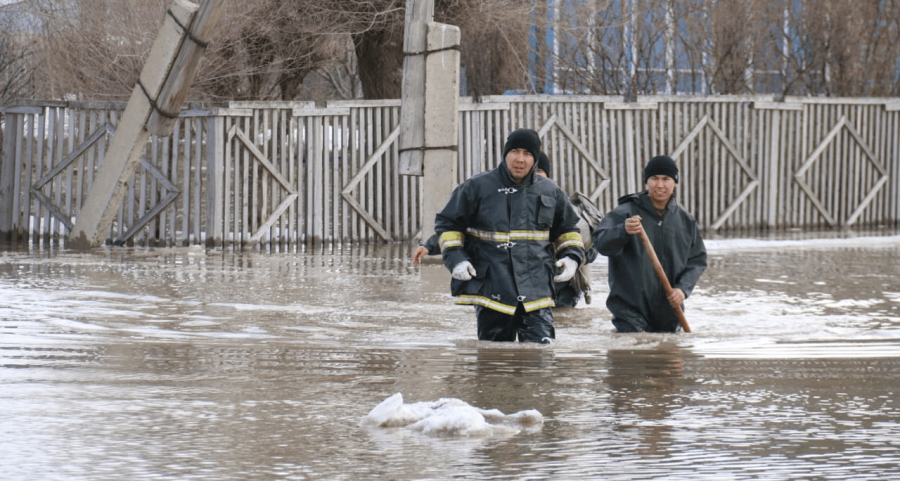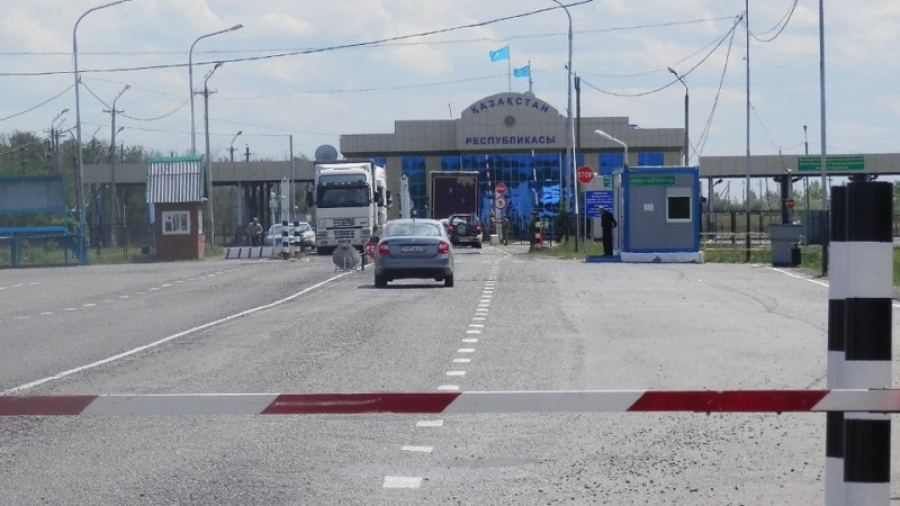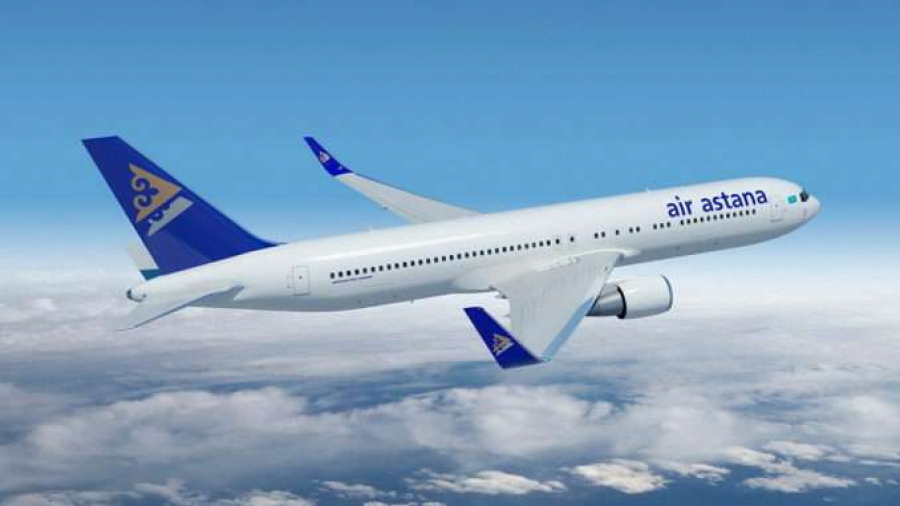
An electric scooter has been officially recognized as a vehicle in Kazakhstan. Now, in order to drive it on the roads of the country, it is necessary to meet a number of requirements. Firstly, one should be 18 years old or above, have a driver’s license of any category, and wear a helmet, and reflective clothing at nighttime. The amendments to the law on road traffic organization have been approved on first reading by members of the Senate, an Upper House of the Kazakh Parliament, and sent to the Head of State for his signature. According to legislative innovations, electric scooter drivers are allowed to drive on bike paths and cycle lanes at a maximum speed of 25 kilometers per hour. If there are no cycle lanes available, scooter drivers are permitted to use the rightmost lane of the roadway. Electric scooter owners are now allowed to drive on pavements and pedestrian paths at a speed of no more than six kilometers per hour.
“There is no age restriction for riding electric scooters on bicycle lanes and pavements. Thus, teenagers can move there freely. A very big problem nowadays is the huge number of motorbikes in Almaty, Astana, and even smaller cities. This is a very affordable type of transport which costs up to 200,000 tenge. We are now inviting experts, urbanists, and motorbike drivers to join the discussion of the package of regulations that we have prepared regarding riding motorbikes,” said Yekaterina Smyshlyayeva, Member of Mazhilis, the Lower House of the Kazakh Parliament.
According to Senate members, two types of fines are provided for violators, both in the amount of five monthly calculation indices (MCI). However, they will not be collected immediately, MPs note.
“The Kazakh Interior Ministry will issue a warning as a punishment, so that there will be no immediate fines for electric scooter drivers and kickshare service users. First of all, they will be given a warning and an explanatory talk. Then they will just have to stick to the rules,” added Smyshlyayeva.
Kazakh Parliament passes law on regulation of liquefied gas circulation
Also today, the MPs supported on second reading the amendments to another draft law, which provides for the regulation of the circulation of liquefied gas and housing and utilities sector. According to the innovations, the distribution of the volumes of this fuel will now be approved by local executive bodies on the supply plan that producers and owners are obliged to follow. Certain people, including owners of gas storage facilities, units of gas tanks, and gas filling stations, as well as industrial consumers are eligible to purchase the liquefied petroleum gas.









